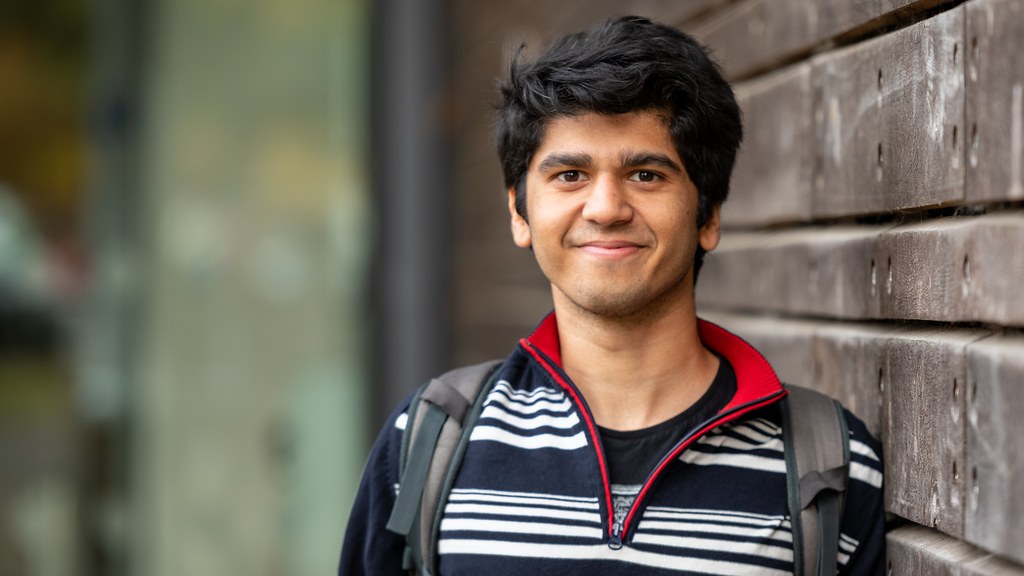Working with current and NextGen engines
On my placement, I worked in the Formula 1 programme management department. This department ensures the timely delivery of Power Units to four customer teams for all races. My role was to work on all test development related projects for the current and NextGen engines. It was a demanding, cross-functional role where I worked with people from different departments regularly. It involved:
- creating hardware trackers, monitoring material and part shortages with the procurement teams
- planning and monitoring internal hardware manufacturing, engine build and test cell resources
- analysing engineering test requirements
- liaising project priorities with key stakeholders throughout the business to ensure we met target deliveries
The role helped me develop strong interpersonal, management, and communication skills. I have also learnt about the many parts that constitute the V6 F1 Power Unit.
Commissioning new engines
One of my favourite parts of the placement was leading the commissioning of three new development engines from scratch. I had to deal with issues from the early design phases through to commissioning of the engine in the test cell, while ensuring minimum delay to the test development programme. I also planned with relevant stakeholders and laid the initial foundations for many more F1 development engines to be commissioned in the future.
Commissioning new F1 development engines quickly could be difficult because of clashes with other engine programmes being sent to track for F1 racing. The challenge was to ensure we could commission new engines as soon as possible without delaying engines going to the track.
Valuable skills to take forward
I’ve developed a wide range of skills during my placement, such as team working and communication. Working with different teams, with placement students, experienced team leaders, and both technical and non-technical staff has helped me improve these skills. I’ve also developed my time and people management skills while advising stakeholders to ensure the F1 development testing programme stays on track.
All these skills greatly helped me when I returned to university in my group and individual projects in my final two years. Also, my placement experience strengthened my CV which will improve my employment prospects in the future.
Guidance through the application process
The placements team in the Faculty were very friendly, proactive and supportive throughout the process of finding a position and their valuable advice helped students be confident while applying.
They delivered weekly sessions to help with applications as many of us had never applied for jobs before. We had a single portal where they compiled thousands of jobs, making it easy for us to find jobs to apply for. They also helped us build CVs and cover letters, providing feedback and ideas to strengthen our applications. They even signposted us to the Bath Careers site which allows you to practice exercises and games, similar to those in the actual applications. This helps to build confidence before doing an actual assessment. Finally, they gave us lists of commonly asked interview questions and guided us to practice. We could even book one-to-one interview sessions with the placements team to practice in a formal setting.
